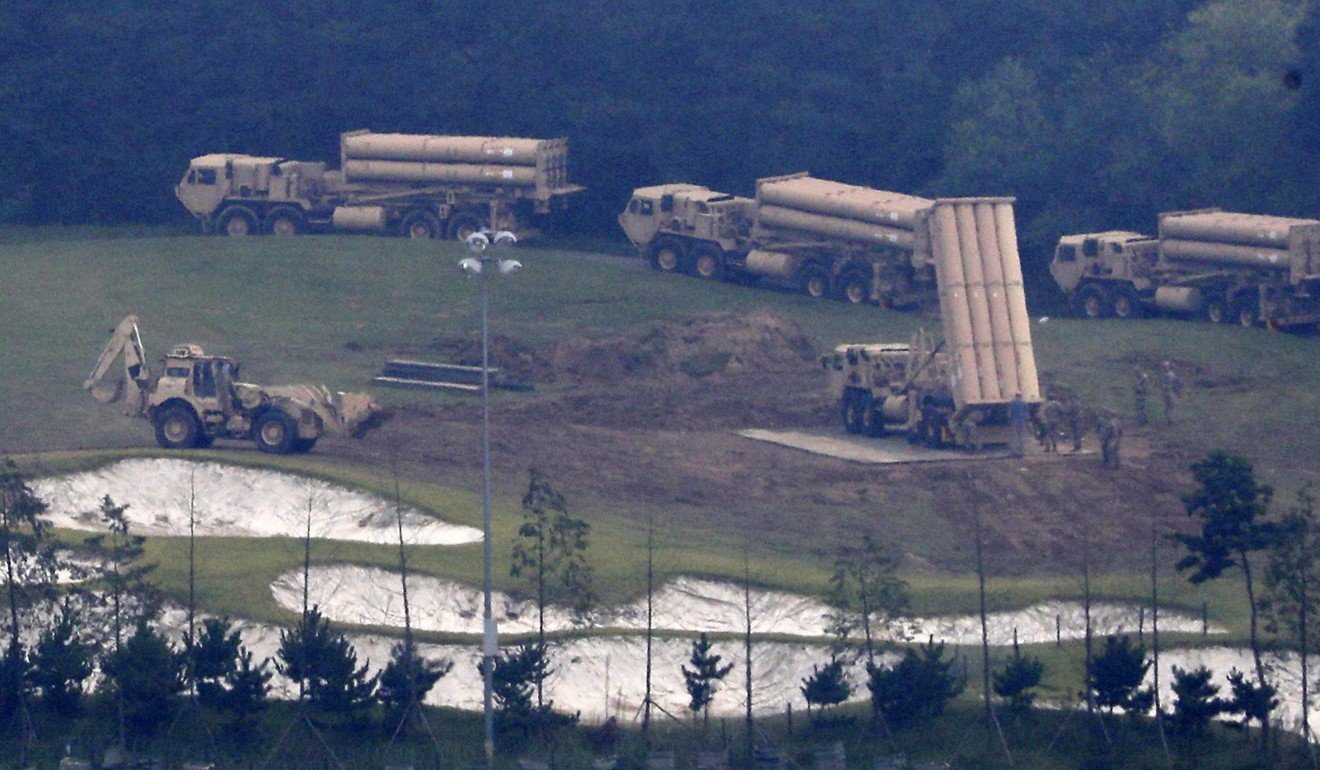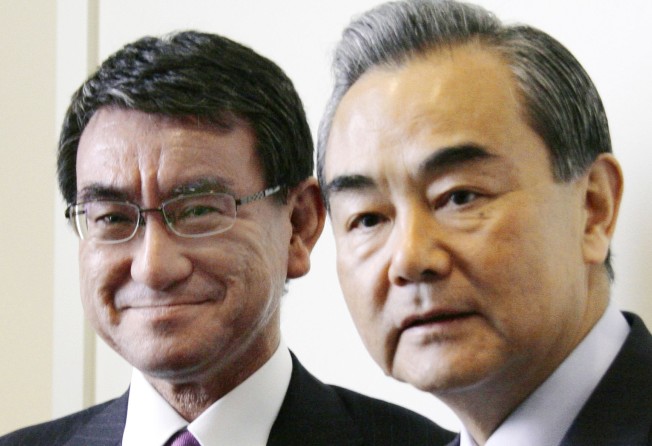
Japanese top envoy faces steep challenges on rare China visit
Foreign Minister Taro Kono arrives in Beijing this weekend, offering a rare chance for the two sides to build on positive momentum

Beijing and Tokyo will look to mend ties long inflamed by sharp disagreements over territorial claims and wartime actions when Japanese Foreign Minister Taro Kono visits China this weekend, but analysts say North Korea is expected to dominate discussions.
The trip will mark the first time Japan has sent its top envoy to China since April 2016, and it coincides with the 40th anniversary of the signing of a peace treaty between the two sides, a milestone that Tokyo hopes to capitalise on. But observers warn the diplomat faces a difficult challenge in overcoming deep-rooted mistrust on both sides.
Kono is scheduled to begin his two-day visit on Saturday and meet his Chinese counterpart Wang Yi, according to the ministry. He is also expected to meet State Councillor Yang Jiechi on Sunday, according to sources.
Japanese Prime Minister Shinzo Abe has expressed optimism the two sides can find more common ground. In his annual policy speech delivered on Monday, Abe said his nation “will seek to meet the expectations of the international community by developing friendly relations [with China] in a stable manner”, Kyodo reported.
Sun Cheng, a Japanese affairs expert at China University of Political Science and Law, said relations had been “difficult in the past seven to eight years given the territorial disputes and history issues” but the anniversary of the treaty signing “could be a turning point”.
However, tensions on the Korean peninsula are expected to move to the forefront of Kono’s agenda.
Hopes for a trilateral summit with South Korea have been running high in recent months after Beijing and Seoul agreed in November to restore ties following a long fallout over the deployment of a US-backed missile shield outside the South Korean capital.

Abe, who is expected to stay in power until 2012 after his party won a parliamentary election in October, has said his nation wanted to host the three-way dialogue, which could be a stepping stone for his potential visit to Beijing later this year, possibly followed by a state visit by Chinese President Xi Jinping next year.
Huang Dahui, director of Renmin University’s Centre of East Asia Studies, said Kono would seek Beijing’s help in reining in North Korea’s weapons programme, which Tokyo views as major security threat. In August, Pyongyang tested a ballistic missile that passed over Hokkaido, Japan’s second-largest island.
Kono has repeatedly called for maximum pressure to be exerted on Pyongyang, rather than engaging the reclusive nation in talks.
“But there is a wide gap between the perceptions between the two countries over the Korean peninsula issue,” Huang said.
Analysts agree that the road to reconciliation between China and Japan would not be easy, given the level of suspicions. Only last week tensions flared when Tokyo accused Beijing of sending an advanced stealth nuclear submarine to waters close to disputed islands claimed by both sides.
“There has been some thawing and positive signalling but these attempts at feel-good diplomacy confront the permafrost of disputes over territory history and strategic rivalry,” said Jeff Kingston, director of Asian studies at Temple University in Japan. “Improvement in ties will be limited and easily derailed.”
Added Huang: [Japan’s efforts] to contain China will not be changed. This is a reality and China is aware of this. The rivalry between the two nations will last long into the future.”